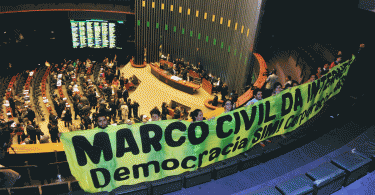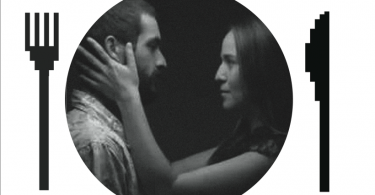A famous manifesto from the early days of the Internet celebrates its 20th anniversary this week. If you’ve never read “A Declaration of the Independence of Cyberspace” by John Perry Barlow, take a look today and consider just how much has changed in global discourse about the Web since 1996. Barlow is a co-founder of the Electronic Frontier Foundation in the U.S. and was a lyricist of the rock band, Grateful Dead.
His declaration begins:
“Governments of the Industrial World, you weary giants of flesh and steel, I come from Cyberspace, the new home of Mind. On behalf of the future, I ask you of the past to leave us alone. You are not welcome among us. You have no sovereignty where we gather.”
How does this declaration contrast and compare with dozens of other initiatives to create digital constitutions with guiding principles for the Internet? The Berkman Center of Internet & Society published a report in November called “Towards Digital Constitutionalism” that maps the content of 30 previous attempts. Writers, Lex Gill, Dennis Redeker and Urs Gasser, observe that the tone of declarations has changed in tune with how the Internet has become more entwined with our lives:
“It has become exponentially more difficult to distinguish between our digital and material lives. The way we engage with the Internet has countless and undeniable consequences for the physical world, and the distinction between these two spheres becomes less relevant, the idea of a digital “wild West” has also become less tenable.”
Current events have also affected the focus of initiatives, where for instance privacy rights are now being articulated in “more specific and nuanced ways” since the disclosures of Edward Snowden in 2013. The top three rights appearing across all texts studied in the report are (1) freedom of expression, (2) privacy rights, and (3) Internet access rights.
Tim Berners Lee, the inventor of the Web and a founder of the Web We Want and World Wide Web Foundation, is an outspoken supporter of creating a new “magna carta” or constitution to protect the Web. Certainly, knowing the past will be relevant to writing the future. Though yesterday The Economist and others interviewed Barlow about what he might have written differently today. Actually not that much, he says.




This website definitely has all the info I needed about this
subject and didn’t know who to ask.